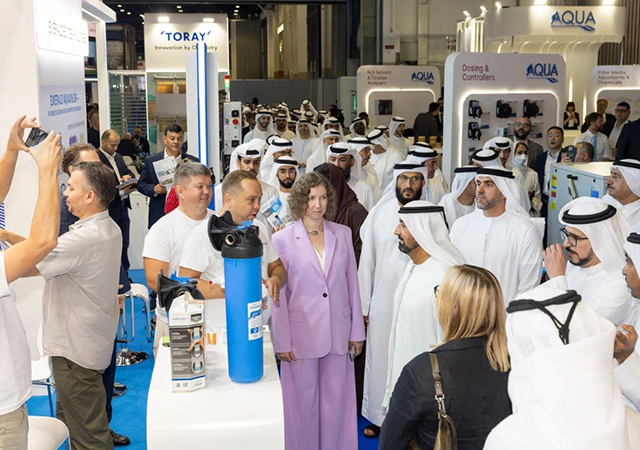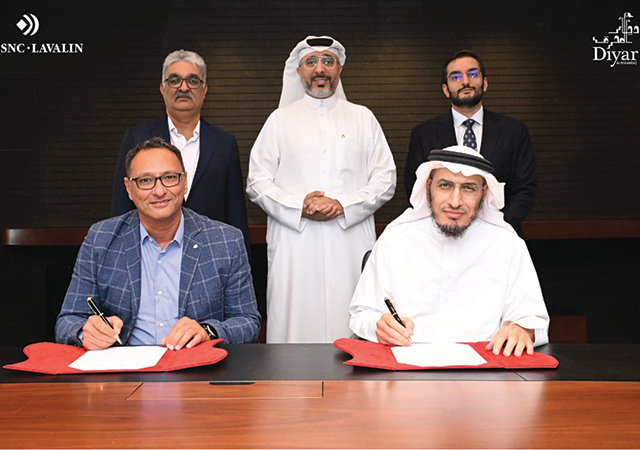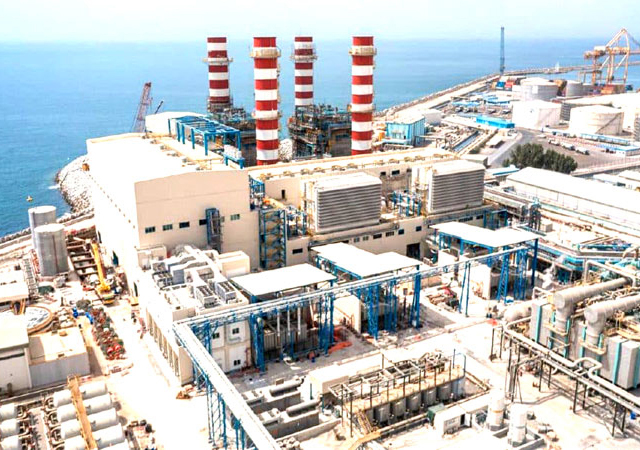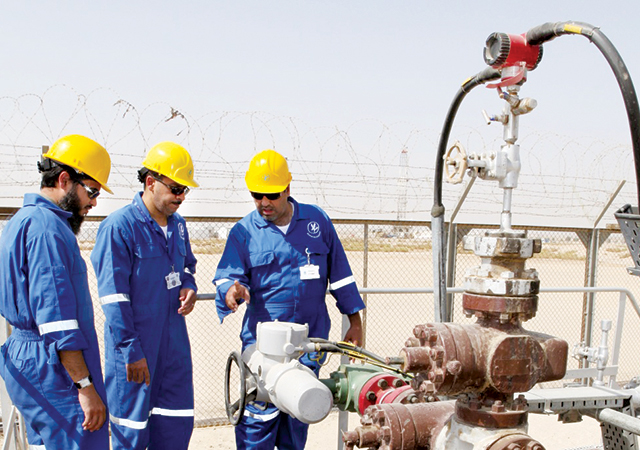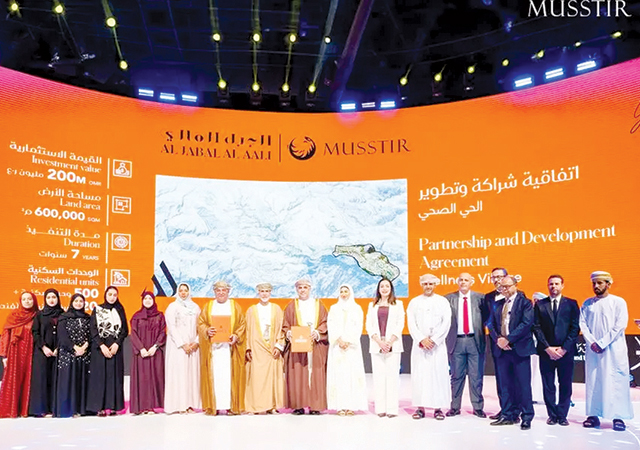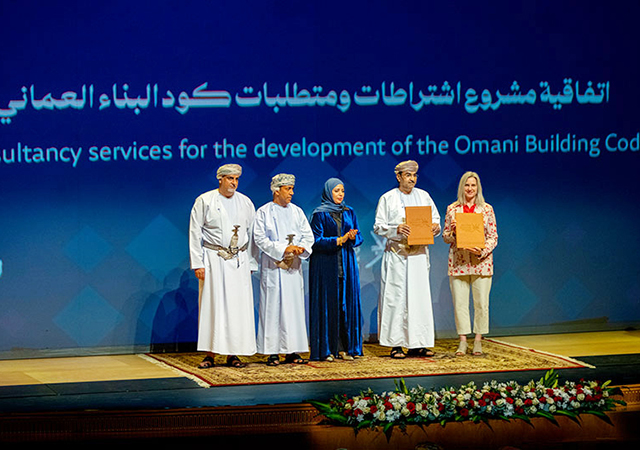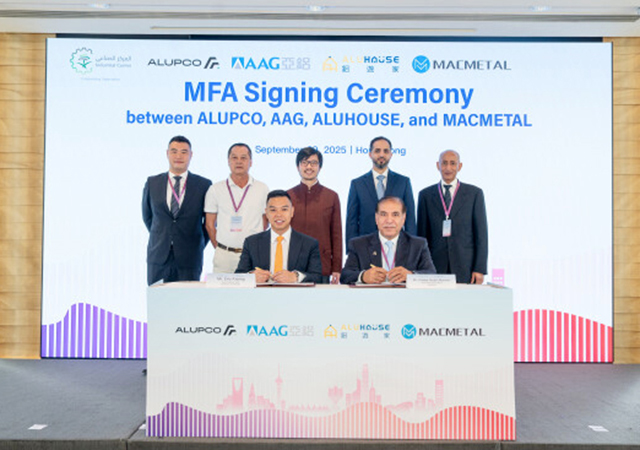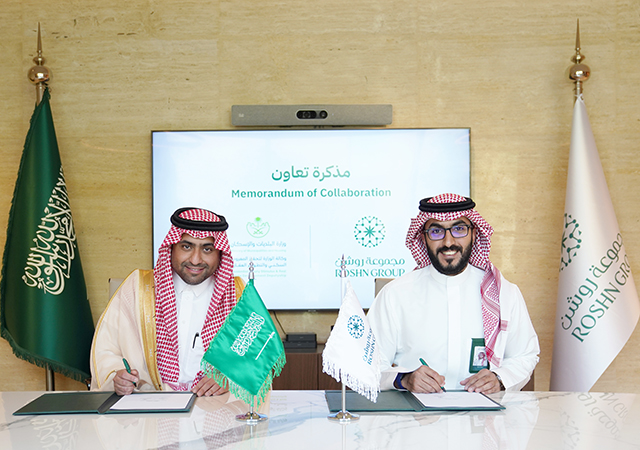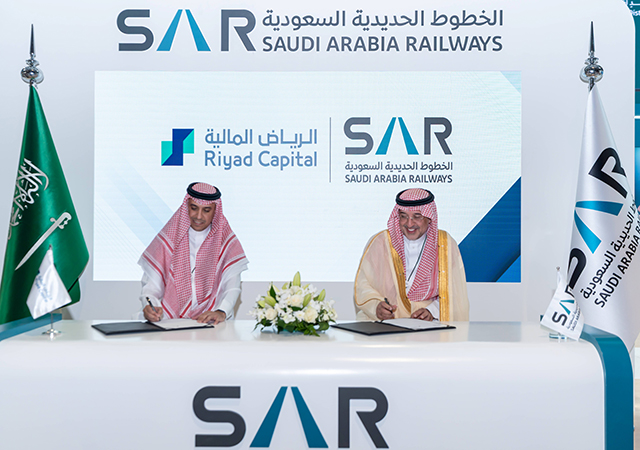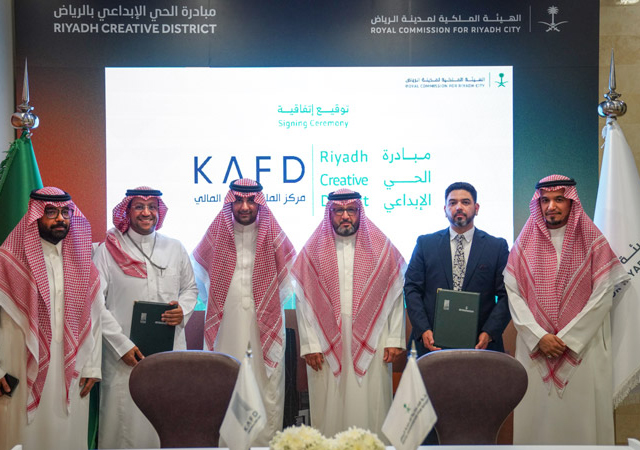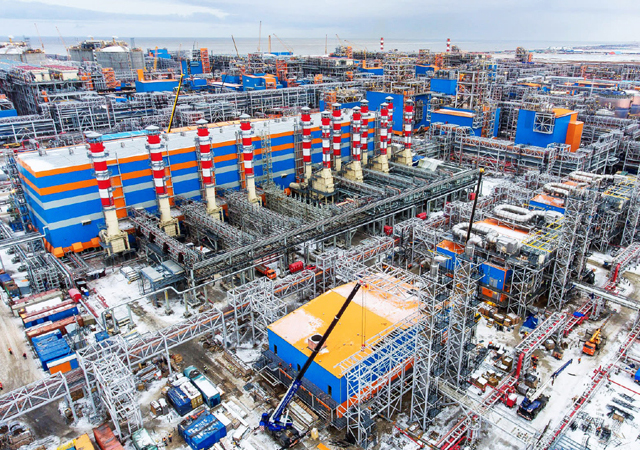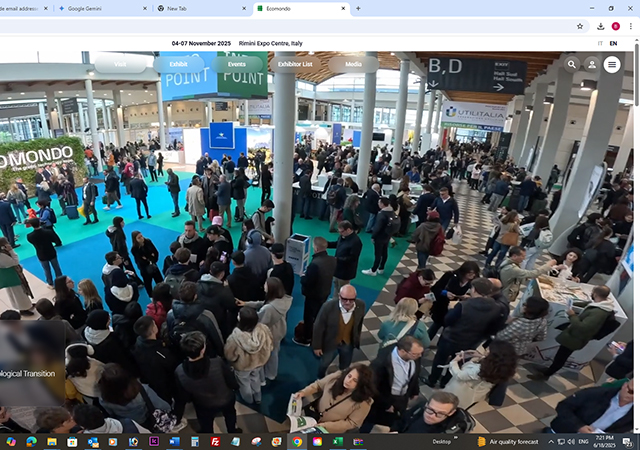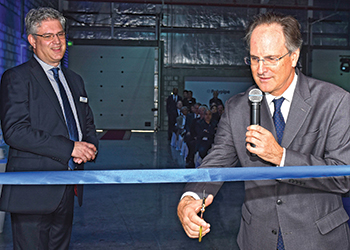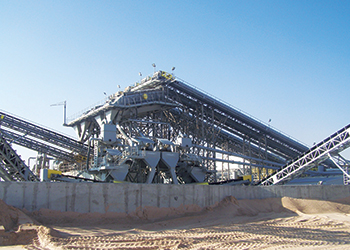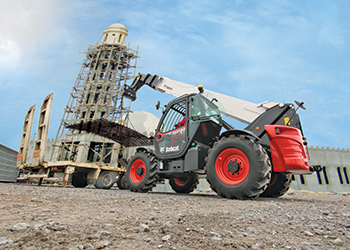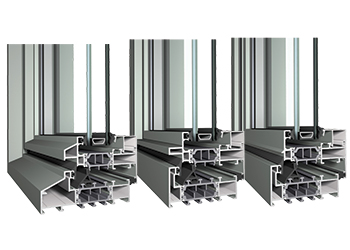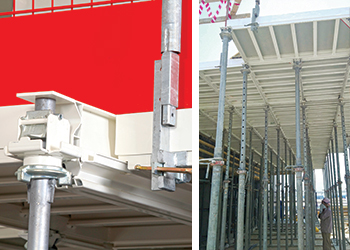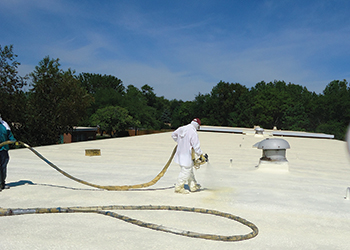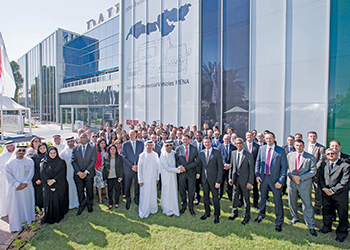
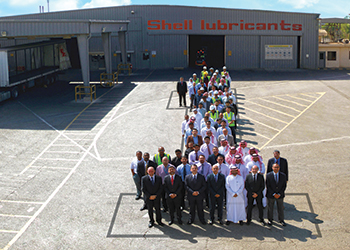 The Josloc plant and its team ... three-decade milestone.
The Josloc plant and its team ... three-decade milestone.
Since its launch a little over three decades ago, Al Jomaih and Shell Lubricating Oil Company (Josloc) has gone on to become the dominant force in Saudi Arabia’s lubricants sector, thanks to a strong focus on research, advanced products and innovation.
“Great products are based on innovation – and innovation begins with research and development, which is how Shell has remained the world’s Number One industrial lubricants company for eight consecutive years now – according to an annual study by research firm Kline & Co,” a Josloc spokesman says.
Shell entered the petrochemicals sector in the 1930s and is known worldwide for its products, innovation, customer focus, supply chain and long-term partnerships.
One such business relationship in Saudi Arabia will be celebrating a 60-year milestone next year.
Shell’s relationship with the Al Jomaih family in the kingdom dates back to the late 1940s, when Al Jomaih began buying Shell’s products to sell in the Central and Eastern Provinces of the kingdom.
The relationship was formalised in October 1956 when Al Jomaih and Shell signed an agreement for Al Jomaih to distribute Shell lubricants, and 2016 will mark six decades since that landmark pact was signed.
In 1982, Al Jomaih and Shell became partners in Josloc and this joint venture was taken to the next level in 1985 with Josloc launching local production of lubricants at a fully automated blending plant in Riyadh. The plant is also home to one of the many Shell laboratories around the world, which ensure that locally blended products benefit from Shell’s world-class technology.
“The advanced products blended there didn’t become market-leaders by chance. Shell’s reputation for groundbreaking technology rests on the capabilities of its technical and engineering staff and on its global investment of $1.3 billion a year in research and development,” the spokesman says.
Josloc’s lubricants are supplied across Saudi Arabia to major industrial customers in fields as diverse as oil and gas, power, manufacturing, construction, cement and transportation.
Last year, Josloc’s lubricant sales topped 100 million litres – an achievement it puts down to the hard work of its staff. But if people are the driving force, it is innovation that keeps Shell and Josloc at the leading edge, the spokesman says, pointing out that all efforts are directed towards finding solutions to everything from energy efficiency and environmental emissions to minimising downtime and controlling costs.
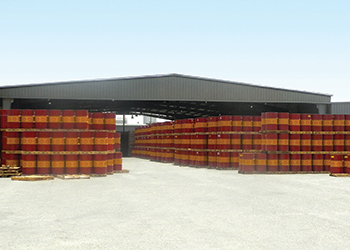 |
|
Josloc ... lubricant sales last year topped 100 million litres. |
“Shell has taken the lead in developing gas-to-liquids (GTL) technology – which, among other things, enables motor oil to be created from natural gas. It’s a technique that’s already been applied to oils sold in the kingdom, many of which benefit from the cleansing and protection advantages of Shell PurePlus Technology,” he says.
“But developing the world’s most advanced lubricants is not enough. What matters is how they’re applied to meet the everyday challenges facing industry,” he continues. “Josloc works closely with major industrial clients to fully understand their requirements. And it meets those needs with a large number of lubricant product lines – in a range of pack sizes from 1 litre and 4 litres, up to the pail (20 litres) and the drum (209 litres).”
Shell’s lubricant products include Argina, Corena, Diala, Gadinia, Gadus, Helix, Mysella, Omala, Rimula, Spirax, Tellus, and Turbo. These brands range from heavy-duty motor oils and passenger car oils, to industrial engine oils, hydraulic fluids and long-life greases.
Shell products are tested and proven via collaboration with major companies and manufacturers, for many of whom Shell has developed specific oils and lubricants. Original equipment manufacturer (OEM) partnerships have been developed with – among others – Ferrari, Maserati, Hyundai, Honda, Daimler and Ducati as well as in less high-profile industrial fields, with Komatsu, Warstila, ZF, Schaeffler, and a number of Chinese OEMs. In all, Shell has more than 3,000 OEM recommendations and approvals across its product range.
The most recent development in Shell’s partnership with Hyundai has been the launch of Shell Helix Ultra and HX5 AH motor oils for Hyundai engines and the only oil recommended by the South Korean car giant.
In the consumer sector, Josloc boasts the largest market-share in the passenger car motor oils as well as in the heavy duty diesel engine oil category, he says. Newly launched products include Shell Helix (Ultra, HX7 and HX, HX3) for passenger cars, and Rimula RX4 for diesel engines, designed to improve performance, both for consumers and fleet operators.
Meanwhile, the company also offers a suite of consultancy tools and services which include:
• Shell LubeAdvisor, which helps customers use the right oil;
• Shell LubeAnalyst, an early warning system that health-checks lubricants and machinery for potential failures by monitoring oil condition;
• Shell LubeCoach, a service for team coaching;
• Shell LubeVideoCheck, a fibre-optic tool that allows inspection of engines from the inside, without dismantling; and
• Shell LubeMatch, a free online service that helps anyone find the right lubricant for their vehicle.
“These and other services add up to an impressive package of customer support. So if you’re still wondering why over 3,000 OEMs have formed partnerships with Shell – and why Josloc leads the market in Saudi Arabia – think technical support, world-class research, advanced products and, above all, an innate belief in the power of innovation,” he concludes.








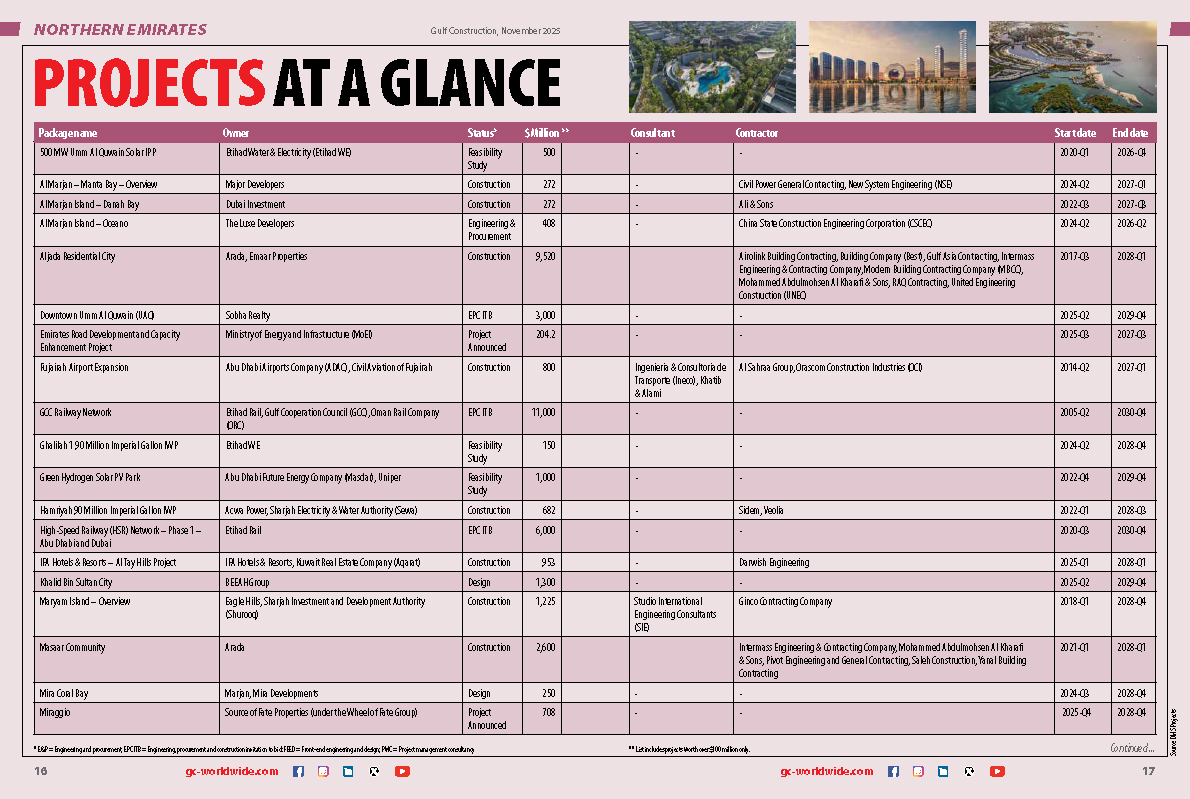




(5).jpg)
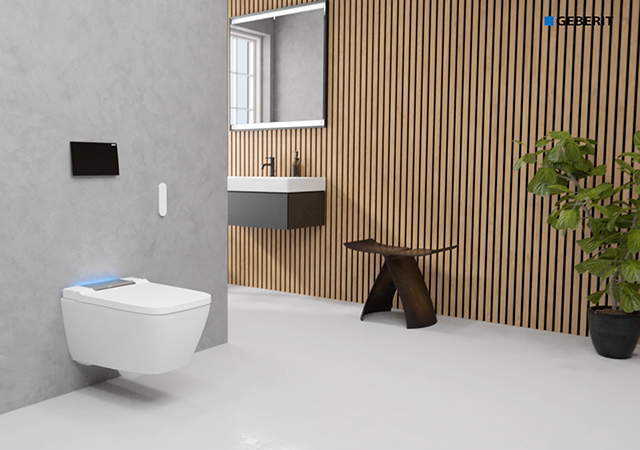




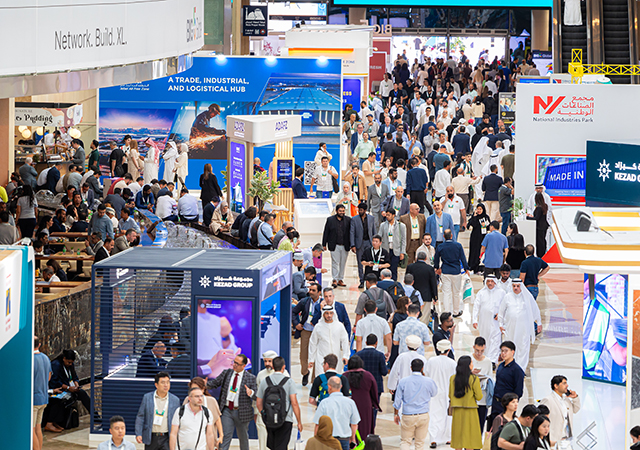
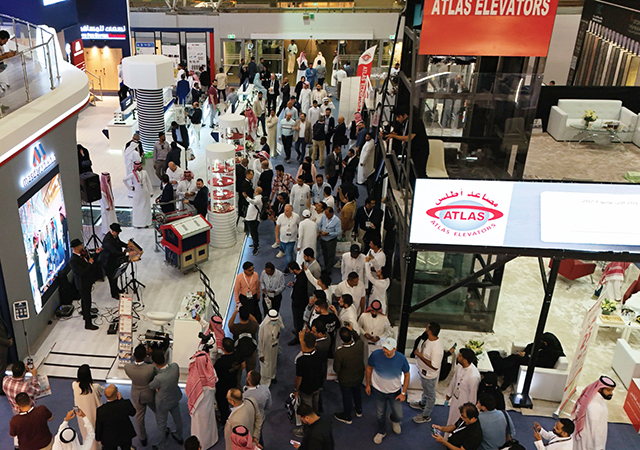

.jpg)





